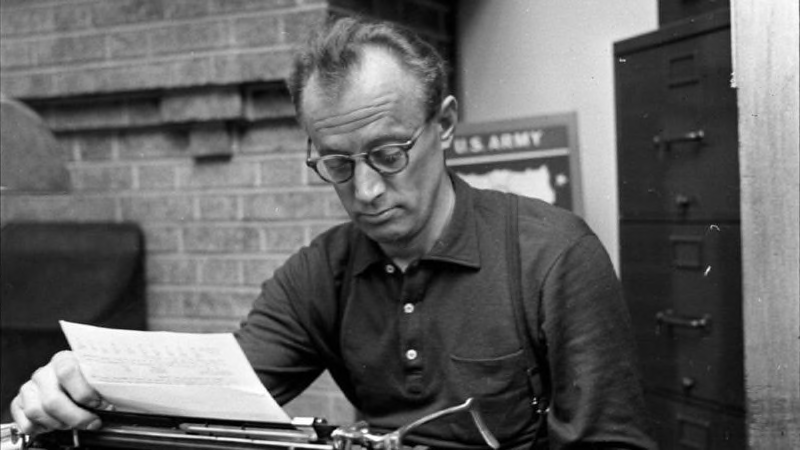
Short story “Sabelle” named a 2019 Nelson Algren Literary Award Finalist
Elizabeth Poliner’s short story “Sabelle” was named a 2019 Nelson Algren Literary Award Finalist (one of three finalists out of over 3,000 stories) and published in the Chicago Review.
At her husband Manny’s funeral, Kaye hoped she hadn’t gone on too long with her eulogy but she had a feeling she did. Still, someone had to tell them—friends, relatives, his children, his grandchildren—how much she and Manny had meant to each other, how happy they’d been. They were at least as important to each other, as besotted with each other, as he had been with Sabelle, the original wife who’d died some dozen years ago. Since then—during their eight years together, the last three of which were formalized in marriage—Manny was Kaye’s, her one and only husband; he was and would always be the great love of her life. Someone had to tell them, to make this matter clear, because as soon as Manny died, Kaye realized, their marriage, as if made of a rising vapor rather than the solid earth of their companionable, middle-aged love, was quickly vanishing. Sabelle, his first love, the mother of his children, the person he’d slept with through the bliss and blitz of a long, fruitful, till-death-do-you-part marriage, was at the core of the other eulogies, the children’s, the long-term friends, people who couldn’t help but reference Manny’s life in terms of Sabelle’s. What was Kaye’s marriage compared with all that? The funeral was coming to a close and Manny was soon to be buried, but it seemed all too real to Kaye that Sabelle, oddly enough, had come back to life.
…
Click here to read the full story: Chicago Tribune
Photo Credit: Nelson Algren works at a typewriter May 24, 1956, for a Chicago American story after the 1956 release of “A Walk on the Wild Side.” (Arnold Tolchin/Chicago American)
